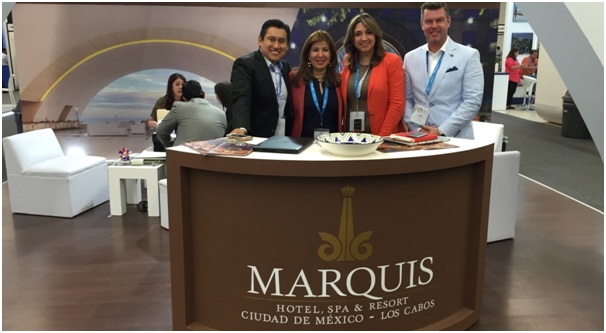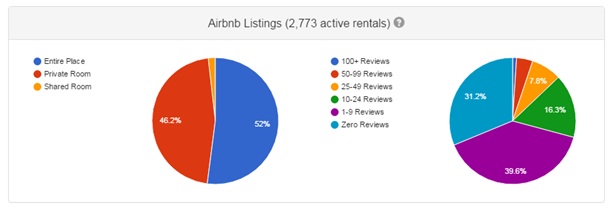First things first! Let’s have a quick look at some statistics from the 5th Global Serviced Apartment Industry Report 2015 – 2016 which shows 14% growth in serviced apartment supply chain globally, exponential corporate, relocation and online demand and increasing investor interest in the sector.
· 748,437 serviced apartments worldwide operating in 9,875 locations
· Inventory up 14% year-on-year and 80.1% since 2008
· Apartment usage for assignment/project work growing in 72.73% of companies
· Distribution widening – 75% of operators now receive bookings from OTAs
Asia Pacific contributes to these global figures in its own way. With strong economic growth in China, India and South-east Asia, improved infrastructure, high use of smartphones and increasing internet penetration, business and leisure travel has seen a huge growth. As business opportunities have increased rapidly in last couple of years, demand for serviced apartments have also doubled. One may ask why? While hotels provide comfortable rooms and good service, the benefits of serviced apartments include the comfort of more space, privacy, option to cook, flexibility, cost of stay as well as the overall environment which is more like a ‘home away from home’.
Outlook for 2016

The business travel market in Asia is growing at a fast pace. According to Global Business Travel Association (GBTA), Asia Pacific gets the largest share of the business travel spend followed by North America and Western Europe. This business travel boom, combined with Asia being a hub of skilled human resource and rapid economic growth is driving demand for serviced apartments across the region. With over 20% on-site assignments now lasting less than 12 months, serviced apartments have emerged as the preferred model due to value and flexibility. Global economic recession notwithstanding, demand for serviced apartments in South East Asia grew by over 25% over the past decade. Global players have taken note of that, and today Oakwood, BridgeSteet and Ascott are growing at the fastest pace in this region.
With economic slowdown in South Asia, the austerity measures will be advantageous for the sector as middle management business professionals, the primary target market, make arrangements for shorter assignments.
A changing landscape
A demographic change is happening across South East Asia – silently, but rapidly. The rising quality of living and increase in volume of foreign talent and tourists has created demand for quality serviced residences. Expats are coming back to their own countries and relocating from within Asia-Pacific. In China, for example, there is a strong demand for serviced apartments amongst the double income families with higher spending power.
With channels like Airbnb and HomeAway catering to demand specifically for serviced apartments, it shows the potential this segment holds. Various operators including BridgeStreet Global Hospitality Group are tapping Airbnb to widen their distribution network. Further, Ascott will have 2,000 units under its new Tujia Somerset brand of serviced residences in China by the end of this year. Tujia.com is China’s largest online apartment sharing platform equivalent to Airbnb and Tujia Somerset is a
jointventure between Ascott and Tujia.
Industry experts believe that the serviced apartment industry in Asia is all set to grow in the coming months as the region continues to drive global growth with increased overseas assignments and projects.
Surge of tech-savvy travellers
Over half of the 3.4 billion internet users worldwide are from Asia-Pacific. This is due to the widespread adoption of smartphones in the region. An
eMarketerreport shows that in 2015, total smartphone users in APAC was over 1 billion and by the end of 2019 it is expected to be nearly 1.5 billion or 51.5% of total mobile phone users. These new age travellers prefer to choose cost effective accommodation when they are travelling for business or study purposes and many of them prefer serviced apartments for long stays.
Shift from Offline to Online Bookings
Due to the positive economic growth and business prospects, countries like China, Hong Kong, India, Japan, Singapore, Philippines, Taiwan, Vietnam and Thailand have become transit hubs leading to a surge in demand for serviced apartments. Research studies show that almost 80% of corporate bookings are made online and around 27% of these bookings are made directly on the brand.com through the in-built booking option.
Interestingly, a TIN report on Global Serviced Apartment shows that 68% of serviced apartment operators are not represented on online platforms and most of these are unaware of internet booking engine. With more focus on this segment, it is important for serviced apartment providers to be visible on online channels and provide direct booking options for improved business and revenues.
This sector is already witnessing growth and expansion and attracting more operators, thereby increasing competition. Existing providers need to adapt to customer requirements and cater to market needs to stay ahead in the game. They need to install correct technology solutions in order to expand their visibility and market s
hare.

Ram Mohan Dubey is the Regional Sales Manager for APAC at eRevMax. Please contact us at marketing@erevmax.com for any enquiries.





















